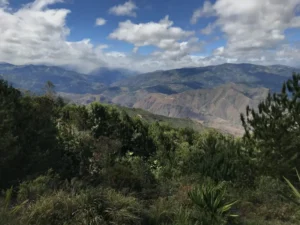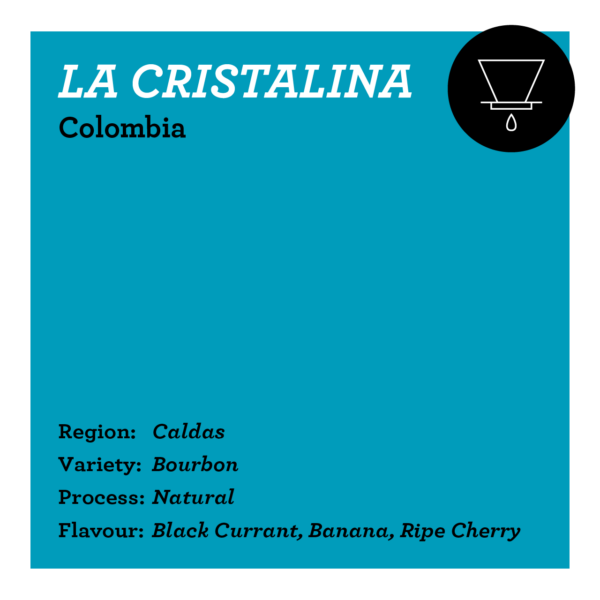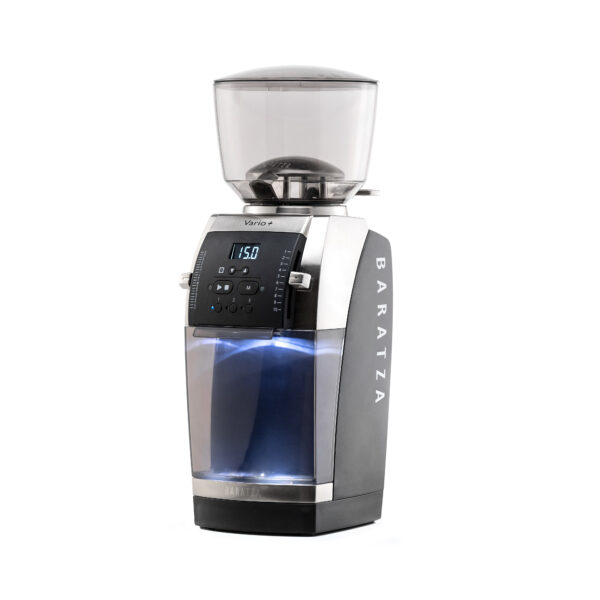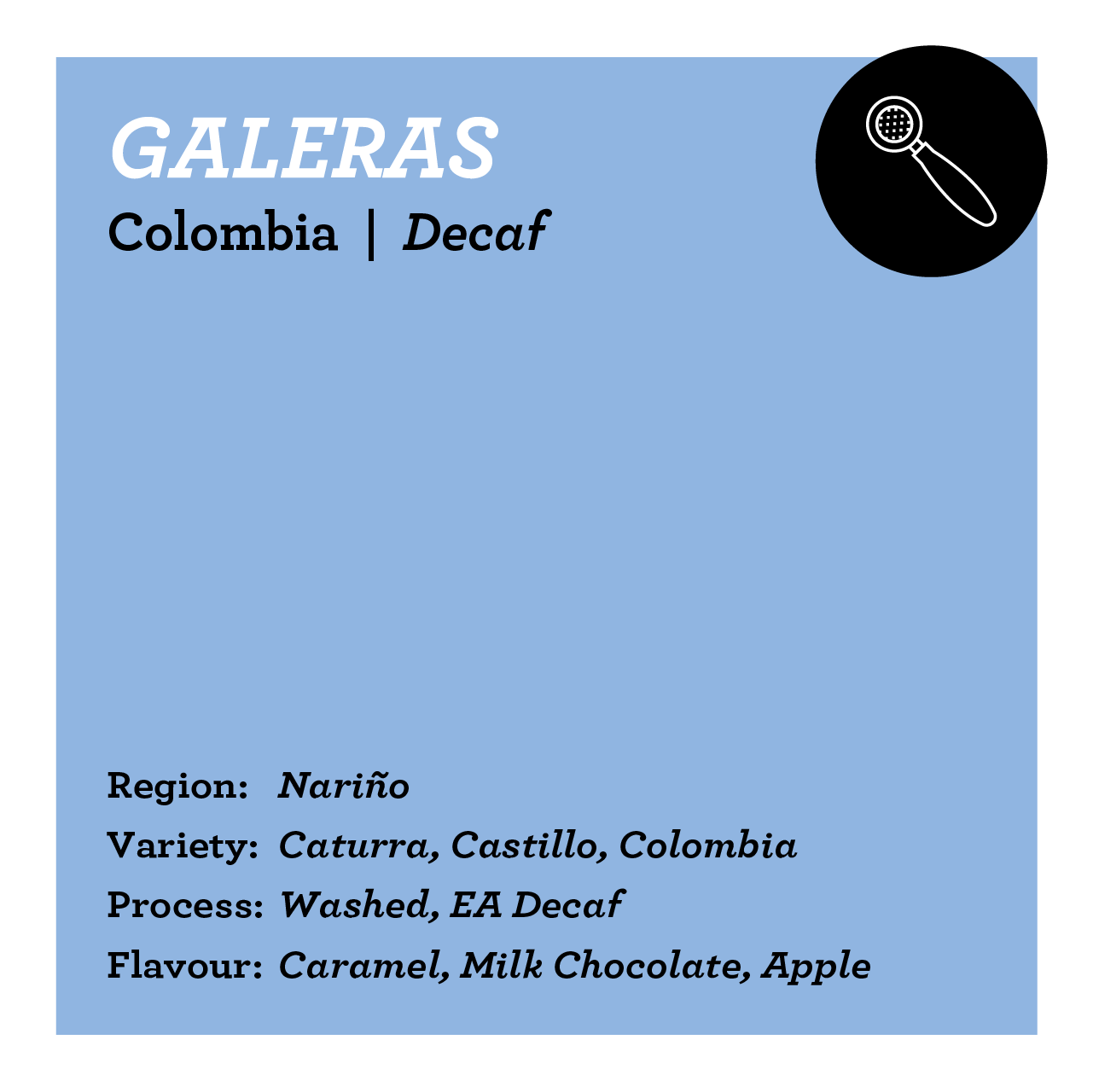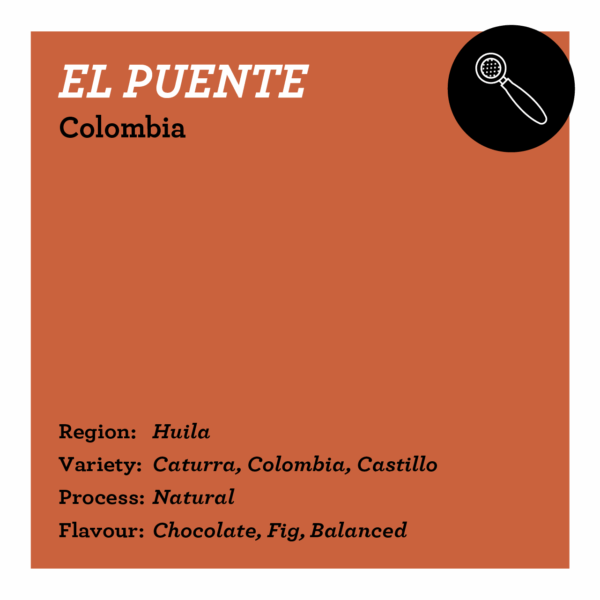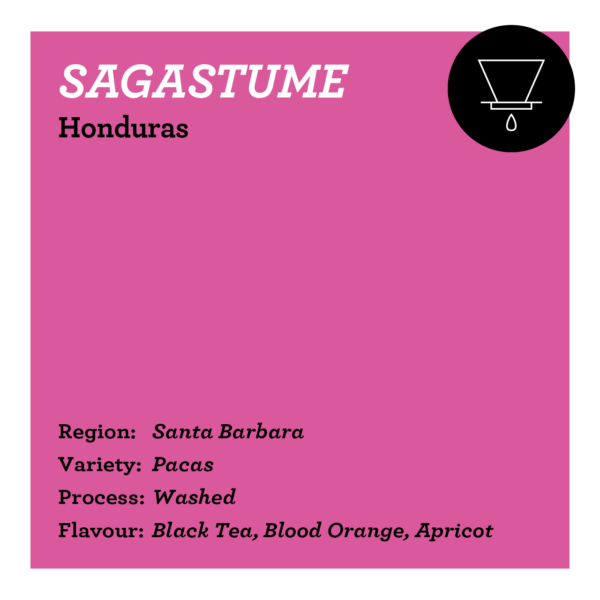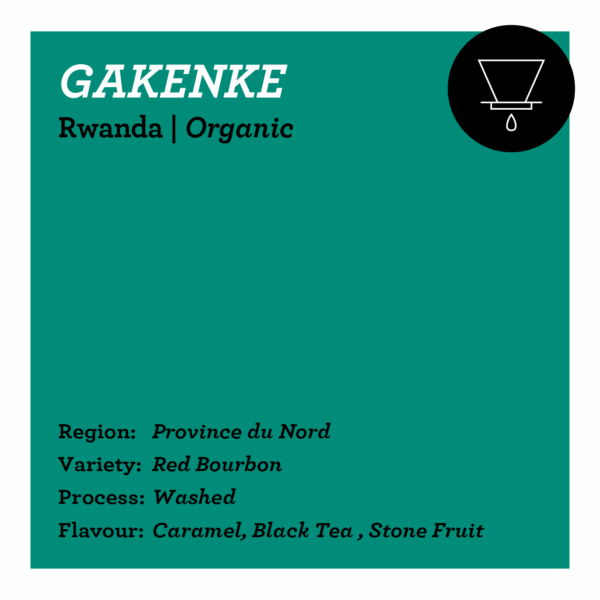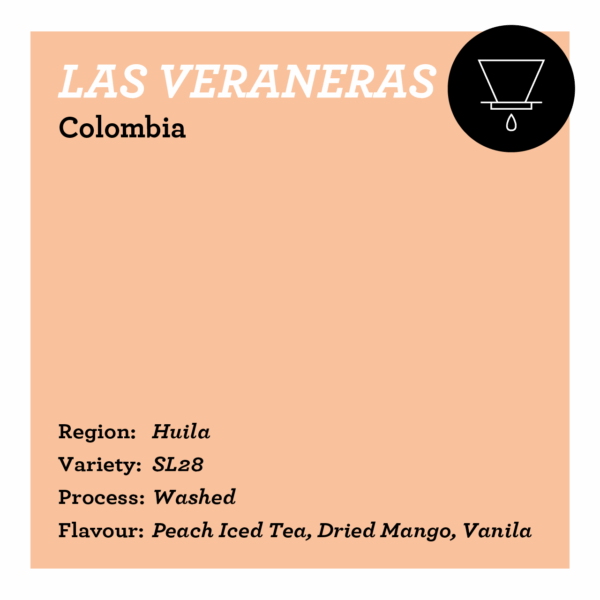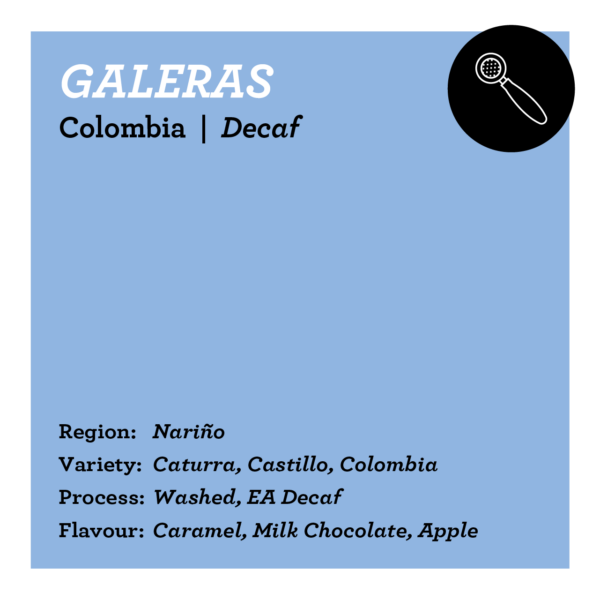The town of Buesaco lies high on a ridge in the Andes Mountains of the Nariño department in Colombia. Promotora Cafe de Altura has its offices, cupping lab, and warehouses here, where the coop collects coffees from smallholders whose farms are tucked into the slopes surrounding the town. The cooperative works with more than 300 smallholders farmers all over the Nariño department who generally harvest coffee all year around. Here at the co-op’s facilities, lots are analyzed and purchased, and the farmers are paid premiums on top of the market price. These premiums incentivize high quality standards and good agricultural practices, like avoiding the usage of glyphosate and other chemicals.
Cooperativa de Cafés Especiales de Nariño cups coffees throughout harvest delivery to build lots that are uniform and consistent in bean size and cup profile. This decaffeinated coffee consists of small batches of beans from farms around the Galeras Volcano. This coffee was decaffeinated using the sugar cane process, also known as the Ethyl Acetate (EA) process, which are essentially the same.
Ethyl acetate is produced by esterification between ethyl alcohol, derived from the fermentation of sugar cane, and acetic acid. The green coffee is submerged in a wash of water and ethyl acetate, during which the ethyl acetate bonds with the caffeine in the coffee and begins to extract it from the green seeds. The EA solution is flushed, and the process is repeated until reaching a minimum decaffeination level of 97%. Finally, the green coffee is steamed to remove any remaining ethyl acetate from the seeds.
